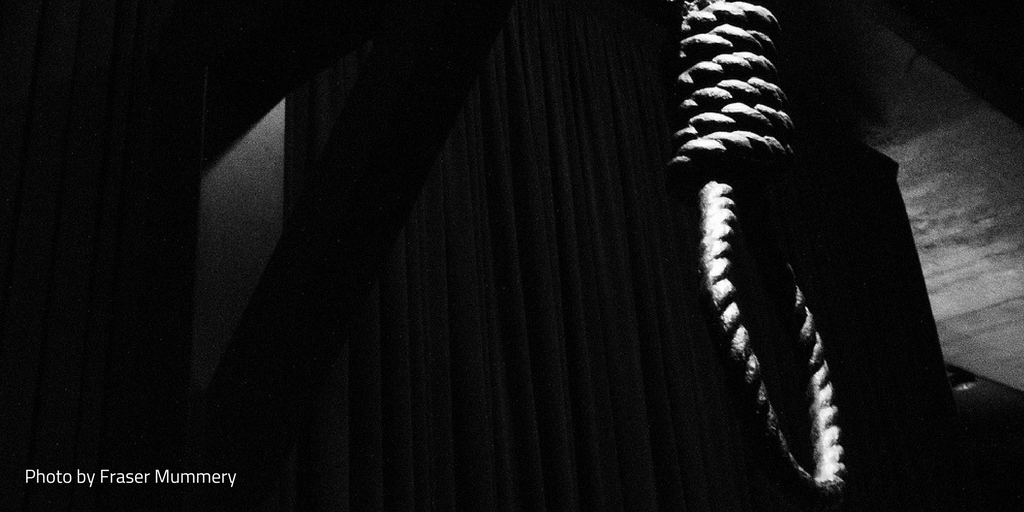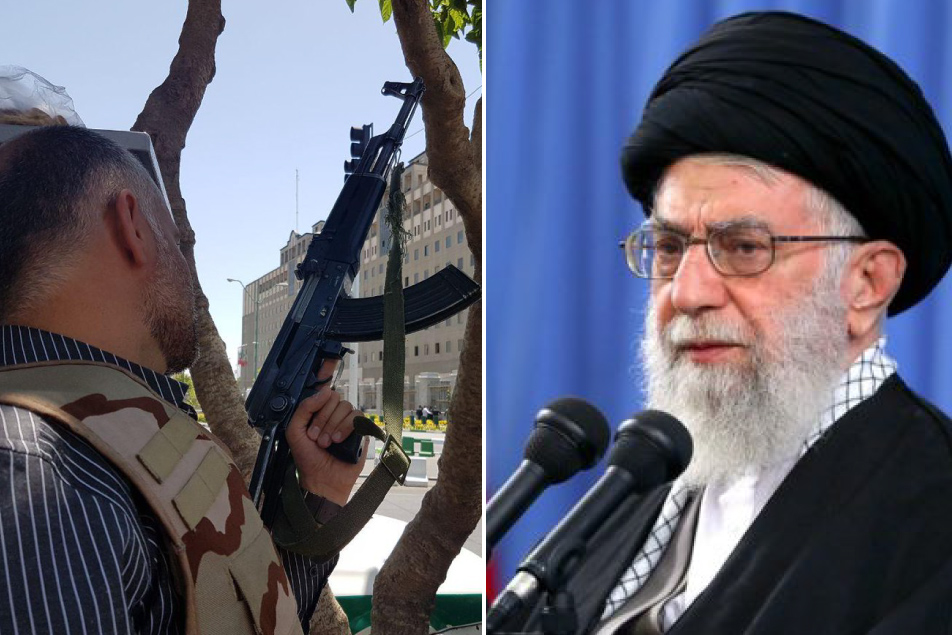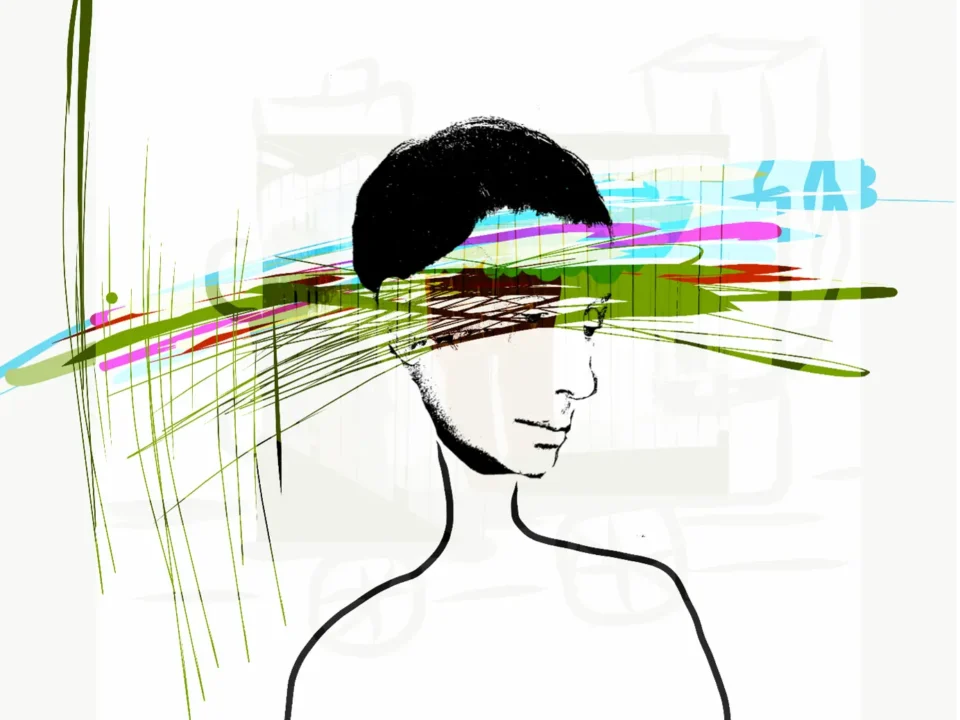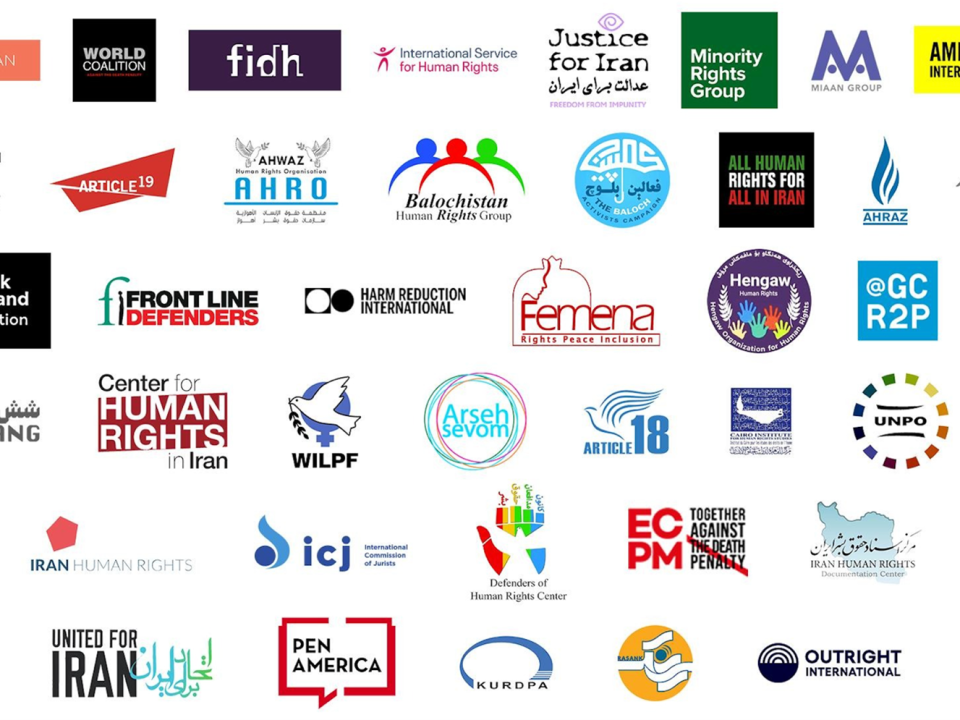
Halt Executions of Kurdish Prisoners of Conscience in Iran
August 16, 2016
Arseh Sevom Condemns Terrorist Violence
June 19, 2017Federica Mogherini
High Representative of the Union for Foreign Affairs
and Security Policy / Vice-President of the Commission
European Commission
Rue de la Loi / Wetstraat 200
1049 Brussels, Belgium
15 May 2017
Dear Ms Mogherini:
We, the undersigned human rights organizations, draw your attention to the alarming candidacy of Ebrahim Raisi for the presidency of the Islamic Republic of Iran. Raisi participated as an assistant and alternate member of a special panel that ordered the summary executions of thousands political prisoners in Iran during the summer of 1988. His candidacy is emblematic of impunity in Iran for grave human rights abuses.
As a member of the panel that ordered the extrajudicial executions of thousands political prisoners in 1988, Raisi is implicated in some of the most grave human rights abuses in the history of the Islamic Republic.
In 1988, Raisi, then a prosecutor, sat on a panel that put to death more than four thousand political prisoners. That panel is sometimes referred to as the Tehran Death Committee. Over the course of three months, Raisi and co-panelists traveled to prisons, holding interrogations, and handing down death sentences to political prisoners deemed “disloyal” to the Islamic Republic. The interrogations were primarily meant to determine two things: (1) whether or not the political prisoners were practicing Muslims and (2) whether they had changed their political views to become supportive of the Islamic Republic.
The majority of those executed were already serving prison terms handed down by the revolutionary courts following unfair trials. Many had never even been accused of violent acts. Others remained in prison despite having served out their sentences years earlier. Still others were nearing the end of their terms. Men, women, and teenagers were executed.
For years, human rights organizations have been calling on the international community to investigate the mass killings and to bring justice to its victims. In January 1989, then United Nations Special Representative on human rights in Iran, Reynaldo Galindo Pohl, expressed concern over the “global denial” of the executions and called on Iranian authorities to conduct an investigation of the human rights abuses associated with the mass executions. To this day, no such investigation has taken place inside Iran.
Human rights groups also expressed concern in 2013 when Mostafa Pour-Mohammadi, another member of the four-person special panel, was appointed Minister of Justice under the current administration of Hassan Rouhani.
Indeed, as perpetrators of the mass killings have risen to positions of power they have sought to silence those who offer evidence of the crime against humanity. Family members who speak out are arrested. Visiting the site of the unmarked graves is forbidden.
In various capacities, Ebrahim Raisi has continued to be involved in the denial of due process, application of the death penalty for non-capital offenses, and the suppression of information related to the 1988 mass killings. For example, as lead prosecutor for the Special Court for the Clergy in Qom, Raisi has been in a position to prosecute those coming forth with evidence of the mass killings of 1988. This was the case in 2016 when Ahmad Montazeri, the son of Ayatollah Hosseinali Montazeri, was sentenced to a six-year prison term for publishing an audio recording of his father’s meeting with members of the special panel. In the recording, his father can be heard condemning the mass executions, calling them “the greatest crime committed in the Islamic Republic.” The recording also makes clear the direct participation of Raisi in the 1988 massacre.
Ebrahim Raisi’s direct involvement in these atrocities as well as the Iranian authorities’ failure to hold to account those responsible for the mass executions are issues of particular concern. To that end, the election of Raisi would only further prevent the administration of justice and would be a development that would warrant the reaction of the international community.
Sincerely,
Robin Phillips, Executive Director
The Advocates for Human Rights
Hassan Nayeb Hashem, Representative to the Human Rights Council
All Human Rights for All in Iran
Kamran Ashtary, Executive Director
Arseh Sevom
Shahin Helali Khyavi, Director
Association for Human Rights of the Azerbaijani People in Iran
Taimoor Aliassi, UN Representative
Association pour les Droits Humains au Kurdistan d’Iran-Genève (KMMK-G)
Raphaël Chenuil-Hazan, Executive Director
Ensemble Contre La Peine de Mort (ECPM)
Mani Mostofi, Director
Impact Iran
Mahmood Amiry-Moghaddam, Executive Director
Iran Human Rights
Shahin Milani, Legal Director
Iran Human Rights Documentation Center
Mehrangiz Kar, Chairperson
Siamak Pourzand Foundation
Mahmood Enayat, Director
Small Media
Firuzeh Mahmoudi, Executive Director
United for Iran
1-Robertson, Geoffrey, QC. The Massacre of Political Prisoners in Iran, 1988. Rep. N.p.: The Abdorrahman Boroumand Foundation, http://www.unarts.org/H-II/ref/IMReport1988.pdf and Iran: Violations of human rights 1987 - 1990. (1990, December 1). Rep. N.p.: Amnesty International Retrieved May 12, 2017, from https://www.amnesty.org/en/documents/MDE13/021/1990/en/ 2-Report on the human rights situation in the Islamic Republic of Iran by the Special Representative of the Commission on Human Rights: Mr. Reynaldo-Galindo Pohl pursuant to Commission resolution 1988/69. (1989, January 26). Retrieved from http://repository.un.org/bitstream/handle/11176/178831/E_CN.4_1989_26-EN.pdf?sequence=3&isAllowed=y 3-Iran: Withdraw Cabinet Nominee Implicated in Abuses. (2013, August 08). Retrieved May 12, 2017, from https://www.hrw.org/news/2013/08/08/iran-withdraw-cabinet-nominee-implicated-abuses 4-Boroumand, R. (2017, April 17). Iran: Don't Let Ahmadinejad's Candidacy Distract You From The Real Danger. Retrieved May 12, 2017, from http://www.huffingtonpost.com/entry/iran-dont-let-ahmadinejads-candidacy-distract-you_us_58f28864e4b04cae050dc7db






